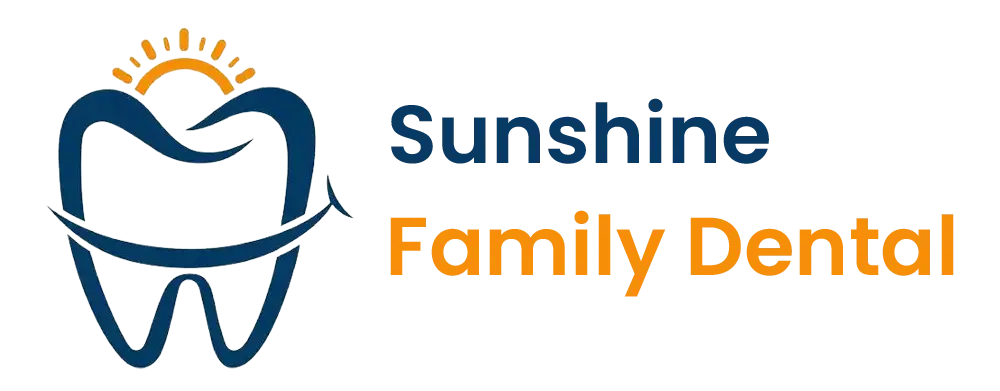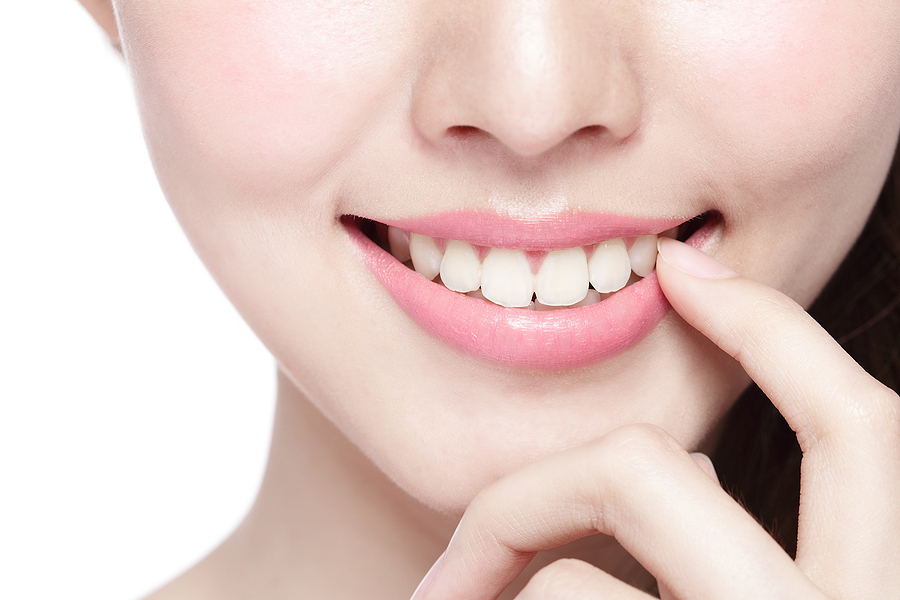Get A Whiter and Brighter Smile with Dental Veneers
Nov 01, 2023![Root Canal Treatment in Pleasanton, CA Root Canal Treatment in Pleasanton, CA]()
The Benefits of Root Canal Treatment: Why Saving Your Tooth is Worth It
Oct 04, 2024![This is a thumbnail image of blog Do All Wisdom Teeth Need to Be Removed? A Guide to When Extraction is Necessary This is a thumbnail image of blog Do All Wisdom Teeth Need to Be Removed? A Guide to When Extraction is Necessary]()
Do All Wisdom Teeth Need to Be Removed? A Guide to When Extraction is Necessary
Nov 02, 2024![Cosmetic Dentistry in Pleasanton, CA Cosmetic Dentistry in Pleasanton, CA]()
Enhance Your Smile: The Wonders of Cosmetic Dentistry
Mar 03, 2024Toothache Troubles: How Do You Know if You Need a Root Canal in Pleasanton, CA?
Feb 01, 2024

Bad Habits That Could Harm Your Teeth
Good oral health habits are essential for our overall well-being. Our oral health affects our mental health and vice versa. Good oral hygiene can reduce our overall healthcare costs. It can improve our appearance, boost our self-esteem, and make us feel better. Good oral health habits can also boost our overall health. It can improve our immunity and reduce the risk of illness. Listed below are some common bad habits that can damage our oral health.
- Nail Biting
Nail biting is a common bad habit for children, but it can affect adults as well. It can cause your teeth to chip or crack and cause your gums to recede from the tooth’s surface. It can also damage your gum tissue and expose the roots of your teeth. When this happens, it can allow bacteria to get inside your tooth’s root and lead to an infection.
If you have a habit of biting your nails, try to quit. Practice stopping yourself before you bite them. When you realize you are doing it, do something else with your hands to distract yourself from doing it again. You should also speak with your dentist about ways to stop this bad habit. Your dentist can offer suggestions for what you can use to keep your hands busy when the urge to bite comes over you.
- Smoking
Did you know that smoking is a major risk factor for developing oral cancer? Studies have shown that heavy smokers are three times as likely to develop gum disease than non-smokers. In addition, they tend to have more severe symptoms like red or swollen gums that bleed easily during oral hygiene practices. This chronic condition can cause the gum tissue to pull away from the teeth and form pockets where bacteria can accumulate and cause further damage to your smile. Smokers also tend to have less saliva, which can lead to dry mouth syndrome. This condition can create a breeding ground for bad bacteria to flourish!
If you currently smoke and want to quit, talk with your dental care provider about available treatment options, such as oral medications that can help you quit smoking and ease withdrawal symptoms. Also, consider joining a support group to help you stay committed to your goal.
- Brushing Teeth Aggressively
Brushing your teeth too hard can cause enamel wear and gum recession, as well as tooth sensitivity. Doing so can also lead to the development of receding gums – a condition that results in loose teeth and, eventually, tooth loss. To combat the negative effects of aggressive brushing, try using a soft-bristled toothbrush with gentle strokes and brush your teeth for two minutes at a time. Also, be sure to replace your toothbrush every three to four months or sooner if the bristles are frayed or broken.
- Not Scheduling Regular Dental Visits
Waiting too long between visits to the dentist can also contribute to the deterioration of your oral health. Skipping these visits can let small oral problems progress into severe issues that might require invasive procedures to fix, like root canals or even extractions. Because these procedures are more involved and expensive, they would be considered more expensive in the long run than visiting a dentist on a regular basis. Be sure to visit your dentist at least twice a year to keep better track of your dental health and address any potential problems early. Regular cleanings will also help you maintain whiter teeth and fresher breath!
- Teeth Grinding
Bruxism refers to the act of unconsciously clenching the jaw and grinding your teeth. It can happen during the day or while sleeping. When it’s happening at night, you’re unaware you’re doing it. You’re more likely to grind your teeth if you also clench your jaw, which happens when you’re in stressful situations. It’s also more common when you have an imbalanced bite. Your upper and lower jaws don’t align properly, so when you chew, you apply additional pressure on one side or the other.
This constant pressure can cause wear and tear on your teeth, leading to serious oral health problems over time. It can fracture your tooth enamel or even cause tooth loss, especially if you don’t seek treatment right away. Even if it doesn’t cause the loss of a tooth, bruxism can still cause tooth damage that may require restorative dental treatments like fillings, inlays, onlays, or dental crowns. If left untreated, it can cause headaches and pain in your facial muscles. It can also wear down your teeth and cause gum recession, increasing your risk for tooth decay and gum disease.
In order to avoid this problem, you can practice relaxation techniques like meditation and yoga. You can also ask your dentist about wearing a mouth guard while you sleep. Mouth guards can be worn over both the top and bottom teeth, so they protect all of your teeth from the pressure of grinding. They also reduce tension in your jaw joint, so you don’t experience pain when you wake up.
Please reach out to our dental practice in Pleasanton, CA, to have a consultation with our dentist in Pleasanton, CA. Please call us at (925) 600-9006 or schedule an online consultation, and we’ll guide you further.
Office Hours
MON - WED9:00 am - 5:00 pm
THUClosed
FRI9:00 am - 5:00 pm
SAT8:30 am - 2:30 pm
SUNClosed




comments